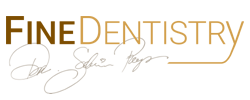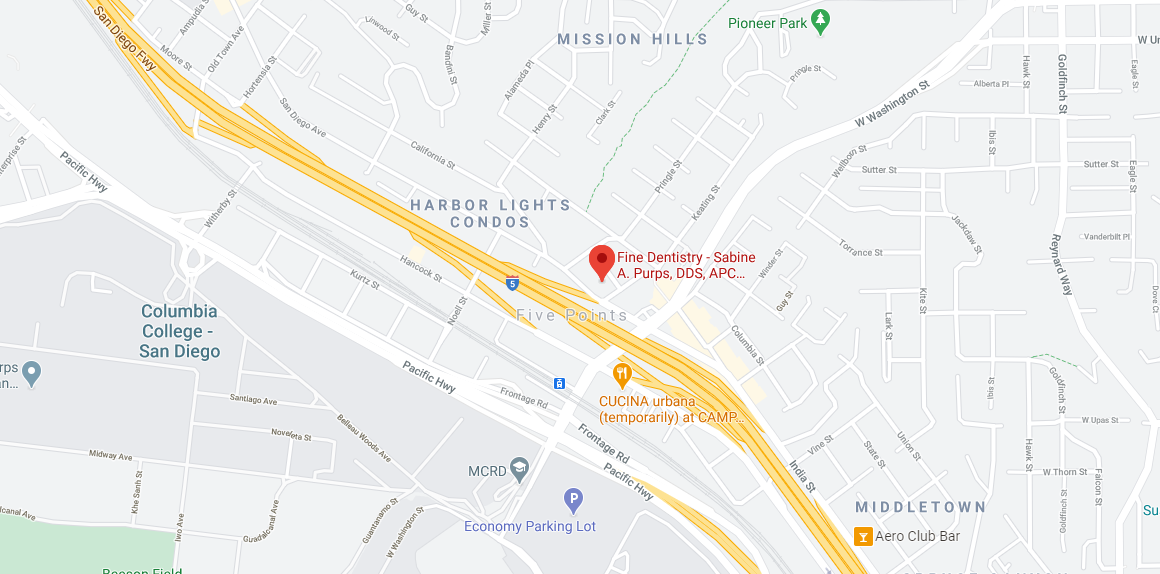Our oral healthcare is an essential component of overall health and is of considerable importance. Maintaining good oral hygiene and living a healthy lifestyle are crucial. Scheduling routine teeth cleanings with your dentist is another vital aspect of maintaining good oral hygiene and teeth health.
You might believe that all routine dental cleanings are similar. Every dental cleaning has three main objectives: to remove plaque, stop decay, and ensure good oral health. However, the specific details of the cleaning procedure can vary depending on many different factors.
Although professional dental cleanings are a critical step in preventing gum disease and gum disease treatment, there is no one-size-fits-all cure for keeping teeth and gums healthy. Depending on their oral health conditions, various patients may need different cleaning techniques.
What Happens During Regular Dental Cleanings?
Prophylaxis, often known as professional dental cleaning, is an entirely preventative procedure and is part of routine dental examinations. These dental cleanings include flossing, tooth polishing, and the removal of plaque and other oral irritants. Tartar, a leading contributor to many oral health issues, is formed when deposits accumulate on your teeth. While you should try to prevent tartar from collecting by brushing and flossing frequently, some residues are usually resistant and require further treatment.
A beautiful smile and the prevention of gum disease require routine dental cleanings, which are the primary components of a comprehensive dental checkup. Without proper prophylactic treatment, tartar can accumulate and grow under the gum line, which can cause periodontal disease and the eventual loss of teeth or bones. Additionally, this cleaning clears stains from the visible portion of the teeth, which is above the gum line.
Routine dental cleanings are done for patients who don’t have gum infections near the teeth or in the mouth, bone loss, or periodontal disease. It is the most effective approach to ward off gum disease.
What Is Periodontal Maintenance and How To Treat Gum Disease?
If you have periodontal disease, often known as gum disease, you may have already undergone a procedure called “scaling and root planning.” Perhaps you’ve undergone a periodontal procedure or periodontal surgery. The required dental cleanings are referred to as “periodontal maintenance care” after these procedures.
Dentists in San Diego advise that deeper cleaning than usual is needed for periodontal maintenance at a dental clinic. Periodontal “pockets” had developed in patients with a history of the condition, necessitating more thorough cleanings. Plaque and tartar accumulate in pockets, which are gaps between the teeth and the gums.
Although more complicated, this periodontal cleaning procedure is necessary to restore and maintain bone and gum health. If germs are widespread in your mouth, it might create various health problems like infection and inflammation. You’ll need to visit the dentist more regularly than every six months to maintain your periodontal tissues.
Periodontal Vs Regular Cleaning
Now we know the differences between periodontal services and routine cleaning, let’s discuss when to advise each.
If you brush your teeth with toothpaste for gums frequently, your gums, bones, and all of your teeth will be in good shape. It is only a preventative measure. You need to schedule routine dental sessions to avoid the accumulation of plaque, germs, or tartar. Your oral health is preserved by doing this. If you neglect your routine dental cleaning appointment, your periodontal disease may worsen.
On the other hand, you opt for periodontal cleaning when the usual cleaning is ineffective because of poor dental health. This type of cleaning helps to stop the condition from spreading, so it’s crucial to make sure you have checkups frequently to prevent serious harm to the teeth and gums.
A Final Word
Learn more about routine dental cleaning and maintaining your gums, periodontal therapy, be aware of the signs, and make sure to keep your regular cleaning appointments. Make sure to focus on your oral hygiene and wellness and visit your dentist frequently.

